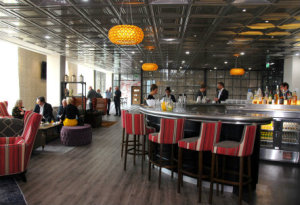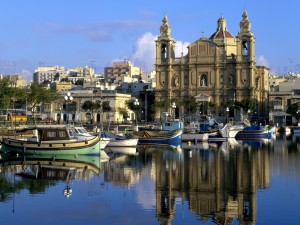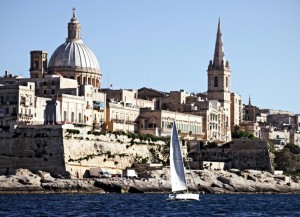The European Commission’s EU Operational Programme for the SME Initiative for the period of 2014-2020 allowed Maltese authorities to secure €15 million in funding for the private sector.

The programme will also guarantee local Maltese businesses an estimated range between €50-70 million worth of credit capital investment to support SME competitiveness. This support package will be funded through the European Regional Development Fund (ERDF) using uncapped guarantees.
The Maltese Business Bureau gleamingly commends the Maltese authorities for heeding the European Council’s call to participate in the SME Initiative. The Initiative was developed by the European Commission and the European Investment Bank to help member states during financial crises.
MRB President Mario Spiteri said “We are pleased with this development as it shows Government’s commitment towards private enterprise. With the backdrop of a declining investment by the private sector in the past years, particularly due to the uncertainty that surrounded and is still surrounding the euro area and the European economy, the allocation of €15 million for the SME Initiative will encourage and incentivize SMEs to reverse this trend.”
“In a report we published last year on the allocation of EU Structural and Investment Funds in aid of private enterprise, the MBB noted how boosting private investment when the economy is in distress is likely to have a significant and permanent positive impact on the country’s potential growth. For this reason, we have welcomed past initiatives such as JEREMIE, and encouraged Government to invest in similar financial instruments, with the SME Initiative being a case in point,” Mr Spiteri continued.
Source



